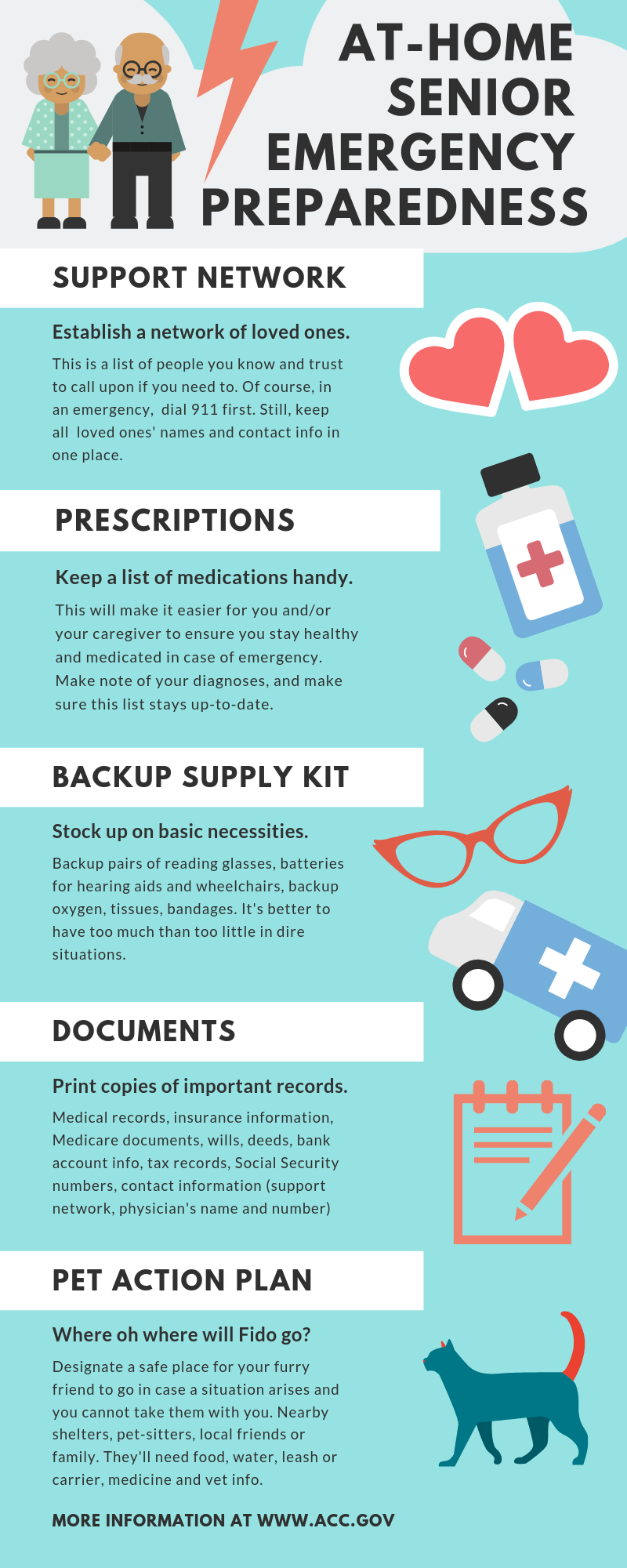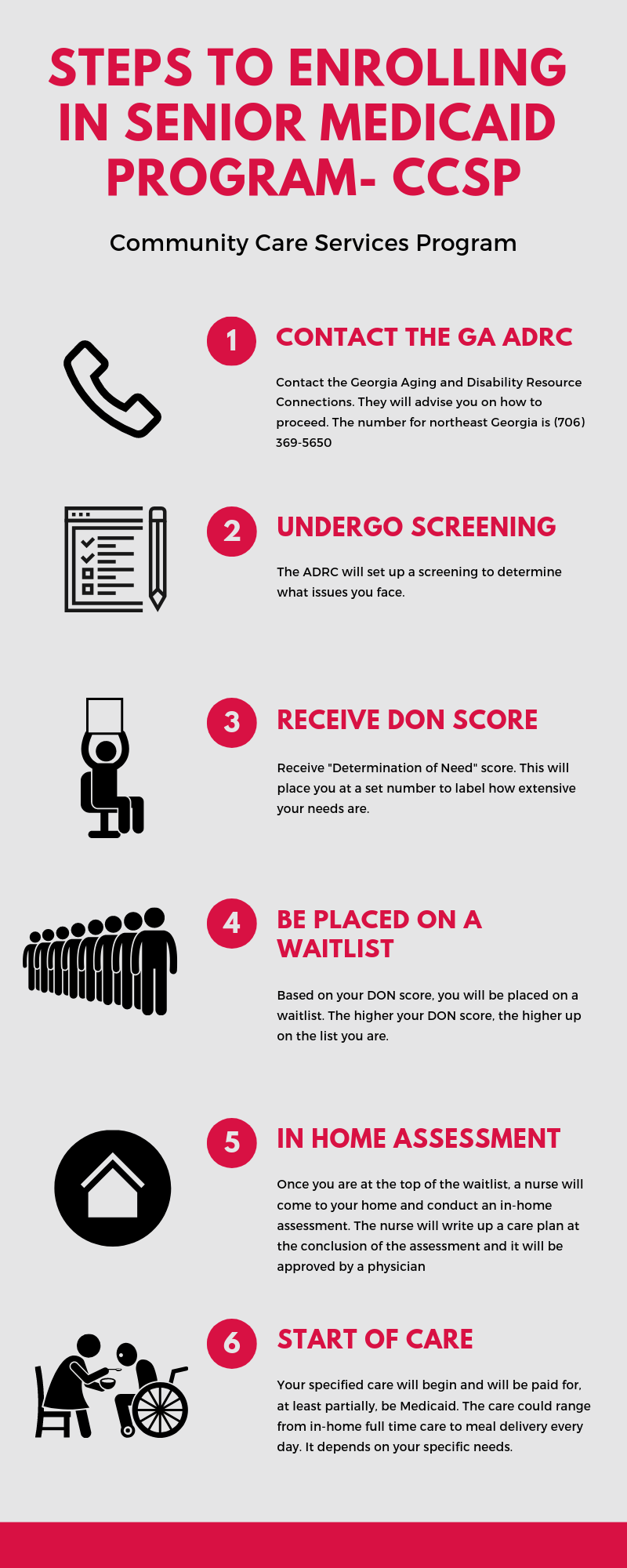With the baby boomer generation aging, the number of elderly citizens of the United States is expected to grow significantly. Because of this, more living arrangements are available for elderly people seeking to retire, including assisted living facilities, home care and nursing homes. However, the cost and accessibility of these options are major factors in decisions regarding long-term care solutions.
As the older adult population has increased, there have been clear demands for more senior housing in Athens. In 2015, developer Jared York attempted to build a 14-unit “retirement” community on the corner of Springdale and Rocksprings. This proposal was called into question amid fears it would end up being profitably geared toward students since York “refused” to put age restrictions in the legal documents.
And this summer, on the west side, a new development was proposed for a 55-plus community of more than 80 homes, going for around $300,000 dollars each. The decision was ultimately rejected by the Commission because it didn’t address enough senior housing needs – such as affordability – to justify the impact it would have on traffic and the environment.
One major development that was recently successfully passed through the planning department is Presbyterian Village Athens, a new retirement community focusing on residents 62 and older.
The community, which recently broke ground on the new construction on Sept. 21, is offering three different levels of living spaces that future residences can choose from, from apartments, to villas to cottages.
This pricing strategy offers future residents homes at varying budgets, which is often a primary concern for retirement living.
Susan Horger, the director of sales for Presbyterian Village Athens said, “We’re in the process of doing pre-sales right now, and then we’ll be doing all of the building of the homes. We’ve experienced a lot of pre-sale demand. Athens was identified as a place that would do really well with Presbyterian Village a few years ago, so we’ve just waited for the right time.”
Developments like Presbyterian Village Athens are responding to local demand for more retirement-based communities, which many citizens have seen as a necessity for years.
“Athens is on a lot of the top 10 lists of where to retire, but when people come, we have little to no communities designated for 55 and older to show them. Everyone is blown away at the lack of subdivisions, let alone ones designated for older people,” said Alicia Appling, a local realtor at Coldwell Banker Upchurch Realty.
For those looking for an independent living retirement-age community, options like Presbyterian Village can be a good choice.
However, for retired people who need more assisted living care, finding a good option can be a greater struggle. More considerations such as quality of care, and cost of service and location are important factors.
“Honestly, it was very difficult to find a nursing home for my mom with caring and competent people in a location that was easily accessible,” said Barry Wilson, who had to move his mother out of her home after she broke her hip while living by herself.
Generally, to be considered a senior citizen, one must be 65 years old or older. However, the path to seniority is not sudden, but gradual. Aging brings new challenges arising from biopsychosocial changes such as physical illness, isolation and dependence on caregivers.
The decision to “age in place,” in a facility or with family is dependent upon many factors, such as one’s level of independence. Whether or not an older adult can properly take care of him or herself is key in choosing a living situation.
Athens is currently home to roughly 15 senior living facilities of varying degrees, ranging from assisted living to full-service care. However, many people take a different route for reasons of affordability or otherwise.
Living with Family
Alice Emerson, 88, just moved in with her son, Eric, 60, and daughter-in-law, Genevieve, 53. In June, they bought a house north of the loop, just off Jefferson Road.
Alice, or “Mom,” as they both know her, is “quite capable of living on her own,” according to Genevieve. They considered alternative housing options, such as a “very convenient” independent living facility, but the type and cost were unattractive.
“Buying a home with Mom in Athens meant that she could maintain her friendships and activities, and we could have a family financial investment,” said Genevieve.
Eric has not lived with his mother since he was in college, almost four decades ago.
“I could go on about how we are very different people after 38 years, but we’re not. There should be a word for the feeling I get when thinking about living with family. That comfortable wholeness – we’re complete,” Eric said.
Alice said the reason she moved to Athens is she was concerned she could not do the things she has always been able to do by herself. Plagued with arthritis, scoliosis, hip pain, a partial loss of sight and hearing and complete loss of taste, Alice faces many struggles.
“We are adapting,” said Genevieve, who does not consider herself a caregiver in any sense. “I say we are family. We do what we can to take care of one another. I am grateful to be able to do what I can and Mom is considerate about doing everything she can on her own.”
Each of them is responsible for paying one utility bill. And inside the home, Genevieve cleans, Alice keeps track of groceries and the calendar, and Eric brings in money from his job. But they all cook.
“I am happy knowing that Alice is here every morning. I feel like it’s Christmas when I come down the stairs to drink coffee together,” Genevieve said.
Alice explained how the family dynamic has changed since moving in.
“I’m no longer the family activities director… I need to be directed. This is better than having to hire someone to come sit with me. I am looking ahead,” Alice said.
Home Care: Aiding Independence for Elderly Clients
Another choice for elderly people is home health care or general home care. Home health care usually involves a nurse, physical therapist or another medical professional visiting the home of the customer. Home care is a service that provides caregivers who assist customers with tasks in everyday life.
In 2014, there were about 12,400 home health agencies in the United States. Data suggests the number of workers in the home health field — and, by extension, most likely the number of agencies — is expected to grow as the elderly population grows.
Customers who use these services vary widely in their needs.
Care to Continue, a Watkinsville-based home care agency, serves clients who range from needing only a ride to and from the grocery store to clients who are severely affected by strokes or Alzheimer’s disease.
“We bring [with us] that assisted living mindset,” said Jill Shoop-Pettis, the director of care channel and marketing at Care to Continue. “It’s not just that you provide the care, but you help to set up and support [the client’s] whole day, evening or night routine in such a way that you’re helping that individual maintain the maximum amount of independence.”
While Care to Continue is not a home health agency, and therefore doesn’t provide nurses or medical professionals, it still assists with daily activities elderly clients may need help with. This can include bathing, errands such as laundry, and simply companionship.
As of 2016, over 12 million Americans over the age of 65 lived alone, according to a Pew Research Center study.
The same study found 61 percent of older adults would prefer to age in their own home with the assistance of a caregiver.
In this way, home care and home health agencies can become vital to the elderly population who want to stay in their homes but find their independence decreasing.
Shoop-Pettis said there is one client in particular in his early 60s who prefers to use Care to Continue to get from place to place, as he no longer feels safe driving.
“He needs someone to take him to run all his errands, and by using us, they can be done during the time of day that his daughter and her family are either at school or at work,” she said. “So [that way] he doesn’t feel like he’s a burden on them.”
Whether an older adult chooses to live alone or with family, measures should be taken in the event of an emergency. The Athens-Clarke County Government website has detailed the steps seniors should take to prepare for such situations.

Senior Medicaid Expansion A Possibility in Georgia
With the senior population in Georgia continuing to grow, many seniors are relying on Medicaid, a state program that provides aid to low-income individuals. With the recent gubernatorial election, there was talks of expanding the program. The state already has a variety of services in place to benefit low-income seniors and expansion could increase those numbers.
More and more seniors are relying on federal and state based aid to pay for their care as opposed to paying out of pocket.
“Ninety percent of our clients are Medicaid, 10 percent pay private,” said Paula Sartain, administrator at A.C.T Home Care in Athens, Georgia.
Medicaid programs such as long-term care and community-based waivers are one of the biggest programs for seniors as they cover home health aides, emergency services, home care, adult day care and more.
This type of long-term care would be potentially expanded if Georgia participated in Medicaid expansion. Georgia is just one of 14 states across the country that has chosen to opt out of the expansion.
It is estimated that over 240,000 more Georgia residents would receive care if Medicaid was expanded and the impact of the expansion would hit heavy on the elder population.
Former democratic gubernatorial candidate Stacey Abrams proposed Medicaid expansion in her platform for recent election, with a specific emphasis on senior care and many of the benefits of long-term care specifically.
Abrams believes that the expansion is “critical” for seniors.
Sartain said the expansion could potentially benefit her business and increase access for clients.
“We frequently have clients who qualify for services but get placed on waiting lists due to lack of available funds,” said Sartain. “If the expansion were to include more funding for the community-based waiver programs, it would be helpful for private home care providers.”
The expansion could potentially reduce waiting list times and speed up the process, which is currently one of the biggest issues some of the programs face.
Sartain’s clients participate in the Community Care Services Program, which requires multiple qualifications and tests the senior has to go through before actually receiving care.

Brian Kemp, the governor-elect, adamantly opposes the expansion, claiming that it will cost “billions of dollars.”
Kemp won the recent election against Abrams, which means that the proposed Medicaid expansion might not come to light in the near future.
Lauren Funk, Lydia Megdal, Claire Cicero and Danielle Bartling are seniors majoring in journalism at the Grady College of Journalism and Mass Communication at the University of Georgia.







